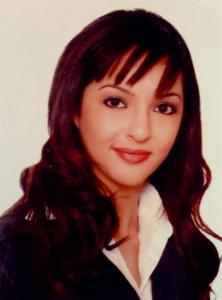Independent expertise is becoming increasingly important in legal proceedings, given the complexity and rapidly changing nature of scientific and technical matters that may arise in the course of court cases. As such, expert opinions have an advisory role, as they provide the judge with the necessary expertise and recommendations to reach a verdict. In this context, it is vital to ensure certain standards of objectivity, independence and transparency when it comes to the selection and remuneration of experts. Unified and clear regulations with regard to the compensation process ensure an objective analysis of the individual case and greater transparency for the parties seeking justice.
Although the Lebanese Legislative Decree No.65/1983 provides the criteria on the definition and selection of eligible experts, the legal text omits to define remuneration criteria based on which the judiciary can remunerate court appointed experts and clerks for travel expenses on duty. The afore-mentioned remuneration is therefore left to the discretion of the sitting judge, which in the absence of clear rules, remuneration schemes or guidelines risks to lead to an imbalanced, arbitrary and non-transparent remuneration system affecting the credibility of the judicial system.
As part of the ongoing cooperation between the Lebanese Judicial Supreme Council and the Rule of Law Programme Middle East / North Africa of the Konrad Adenauer Stiftung (KAS) two expert meetings on the “Remuneration of Court Appointed Experts and of Clerks for Travel Expenses” were held on 12-13 November and 10-11 December 2018.
With the objective to enhance the access to justice, to foster an independent judiciary and to prevent disproportionate costs in litigation the expert meetings served as a platform for in-depth discussions between legal experts from Germany and Lebanon. Among the discussed topics, the experts focused on the bases for the remuneration of court appointed experts according to a uniform and fixed hourly fee and in compliance with a predetermined statutory remuneration scale. A committee comprised of judges and legal experts reviewed and discussed in this regard the preparatory study elaborated by KAS, in order to analyse the current deficiencies in the Lebanese system and compare it with other countries’ normative and practical solutions (Germany/Europe). As an outcome, provisions containing clear criteria and a fixed scale of remuneration, in order to serve as a transparent and coherent base for calculating the remuneration of court appointed experts, were drafted by the committee. The draft may be seen as a proposal for future use within the Lebanese judiciary to homogenize rules regarding the remuneration of court appointed experts.






